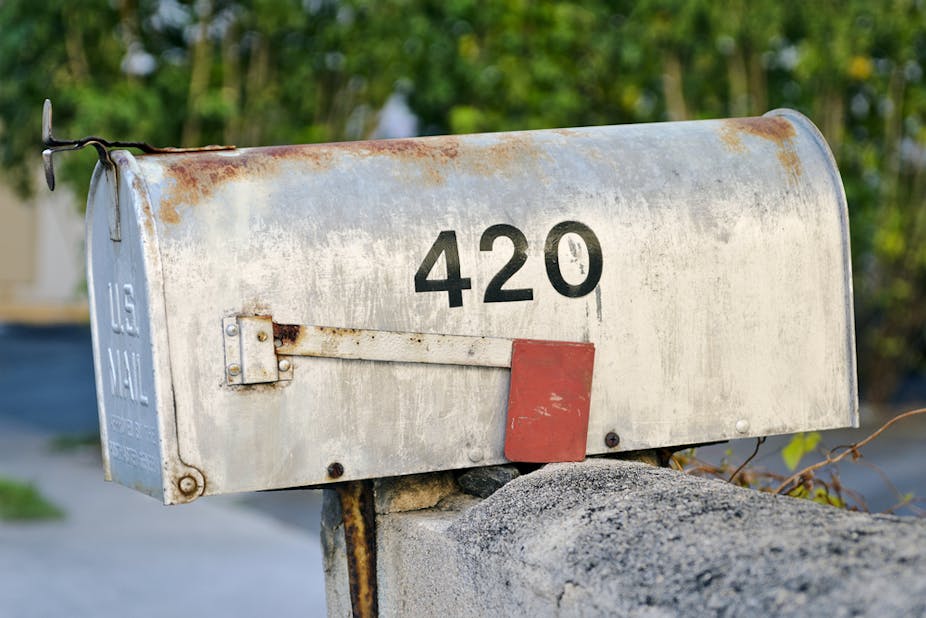The arrest of the man who appears to be behind the Silk Road – the infamous online black marketplace – comes as a welcome surprise.
Ross William Ulbricht, known as “Dread Pirate Roberts”, was arrested this morning by the FBI for violating the narcotics laws of the United States.
Silk Road is an anonymous online marketplace selling products ranging from digital goods and pornographic materials, to various kinds of narcotics or prescription medicine.
But Ulbricht was caught not by cracking the secure network that Silk Road operated within. Rather, he revealed his identity by slips on the way. He used an email address that could be linked to his name for the early promotion of the site, and posted an incriminating query on programming question and answer site Stack Overflow under his own name.
And while we should applaud the efforts of law enforcement, we must remember that Silk Road is one just one product of the deep underworld on the web.
It’s not over quite yet
Silk Road runs on a combination of encryption techniques and technologies which make anonymous buying and selling of illegal products possible. The website can’t be accessed like regular web pages. Rather, it can only be discovered and used by those who have installed Tor.
It’s this same mechanism that provides the foundation for a range of hidden applications – including websites that will probably replace Silk Road as marketplaces for anonymous sales.
And Bitcoins, a special electronic currency developed to use in a decentralised manner with no central authority managing it, can be used elsewhere. They are extremely hard for law enforcement agencies to track, and together with Tor, allows users to transact without leaving an electronic trail to trace.
Silk Road was successful because it does not retain any transaction details on the site such as the purchase and shipment information of buyers or sellers.

In charging Ulbricht, the FBI said: “Silk Road has emerged as the most sophisticated and extensive criminal marketplace on the Internet today”. They estimate the website facilitated approximately $US1.2 billion of illicit drug sales in the last 30 months.
But the end of Silk Road certainly does not mean an end to the online sale of drugs. Another more popular site for purchasing illicit drugs is Black Market Reloaded, which uses the same methods to make its traffic anonymous.
While Silk Road has received all the media regarding online drugs, Black Market Reloaded is a larger problem for global law enforcement agencies.
Coming to an address near you
Analysis of the Silk Road computer server by the FBI has revealed a number of registered users identifying themselves as being in Australia.
In an unrelated investigation between March and June 2012, Australian Customs and Border Protection (Customs) Officers examined a total of twelve pieces of mail addressed to a Melbourne man.
Each mail article was found to contain narcotics, with testing indicating the presence of either MDMA, cocaine or amphetamine. An Australian Federal Police investigation found the man had purchased these drugs from Silk Road.
Orders on illicit drug marketplaces are typically small and delivered through traditional postal or courier services. Senders usually pack the drugs in vacuum-sealed bags in an effort to evade sniffer dogs and use other mechanisms to disguise the packages as legitimate postal item.
Buyers may be the end users or dealers seeking to supply a local market. The posting of street drug prices in cities around the world has allowed the internet to play a significant part in the trade of illegal drugs.
Crime groups can examine the conditions of local drug markets and analyse the types of drugs in circulation, their prices and availability. Like legitimate enterprises, this information allows for strategic planning and decision making about diversification of activities or expansion of trafficking routes.
Understanding the new challenges and legal responses required to combat illicit drugs transactions on the internet goes beyond shutting down one website – granted, a popular and well-known one.
The takedown of Silk Road should be applauded – it demonstrates law enforcement taking internet investigations seriously – but how other online illicit drug marketplaces fill the void and the impact to supply and drug prices will be interesting to follow.

